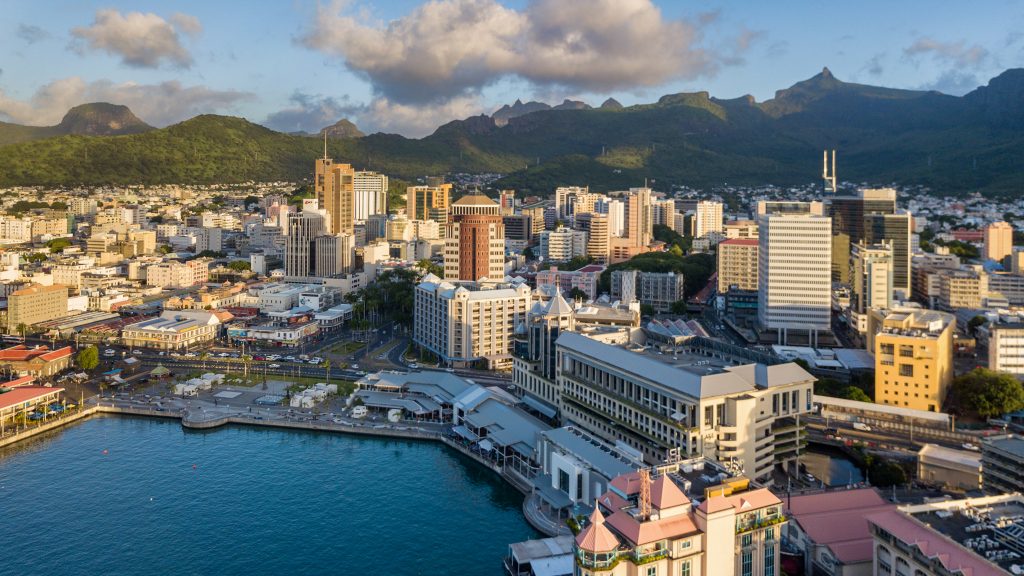ALN, with partners UNCTAD, The Flip Flopi Project, McKinsey & Company and Delterra, is hosting an informal pre-event to the 3rd Session of the Intergovernmental Negotiating Committee on Plastics (INC-3), to discuss trade and development aspects of plastic pollution mitigation measures, non-plastic substitutes, and plastic alternatives.
The event will informally gather a number of stakeholders, including national authorities, international organisations, and private sector representatives, to discuss how proposed control measures on plastic pollution on the INC instrument draft zero text can be best used to assist a more responsible and efficient plastic system, as well as simultaneously promote safe and sustainable non-plastic substitutes and alternatives. The event will also discuss related financing and social impact aspects. Concrete innovative and project examples will be presented based on the SMEP Programme portfolio, with exhibits demonstrating alternative materials for fishing, upcycling of plastics and the use of data to improve waste collection.
Learn more about the event here.
The majority of economic system in the world today is based on a linear use of raw materials, that of a society of rapid and mass consumption, of the disposable: extract, transform, use and throw away. However, this model is no longer sustainable in the long term given the environmental and climatic challenges facing a planet with limited resources. Moreover, the secondary effects of this productivist model, from a socio-economic, health and geopolitical point of view, are well known. In a context where the actors of the African continent are invited to accelerate industrialisation and job creation, a new model must be reinvented.
This new model, which is increasingly being promoted, is that of the circular economy, which aims to respond to the preservation of resources, our environment and our health, as well as to enable the economic and industrial development of territories, and to reduce waste and wastage.
There are many issues at stake: sustainable supply, eco-design, industrial and territorial ecology, functionality economy, responsible consumption, extension of the useful life of products or improvement of waste prevention, management and recycling.
Africa is taking the plunge. Indeed, at the continental level, the African Union and the African Ministerial Conference on the Environment have recognised circularity as an area of focus for therespective recovery programmes they have launched in the wake of the Covid-19 pandemic (the continental recovery plan known as the « green stimulus »). Several African countries have also integrated the circular economy into their Nationally Determined Contributions (NDCs) and some are in the process of developing national circular economy action plans.
Sustainable Development Goal 12 « Responsible consumption and production » will be the focus of the Network’s activities for the year 2023, and in particular targets 12.1 to 12.7. Africa 21, through this programme, contributes to the implementation of target 12.8 « By 2030, ensure that people everywhere have the information and knowledge necessary for sustainable development and a lifestyle in harmony with nature ».


